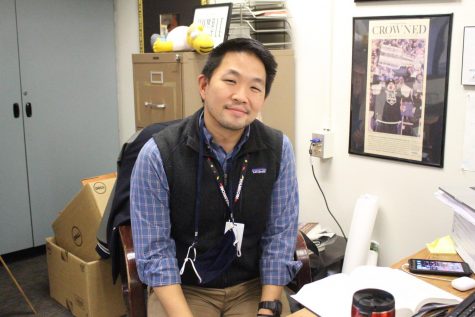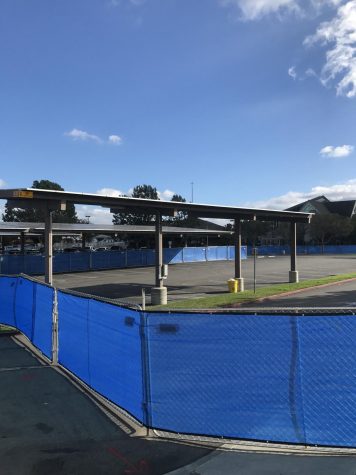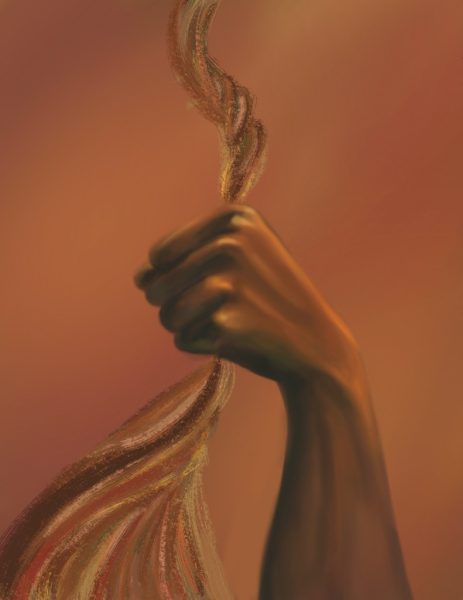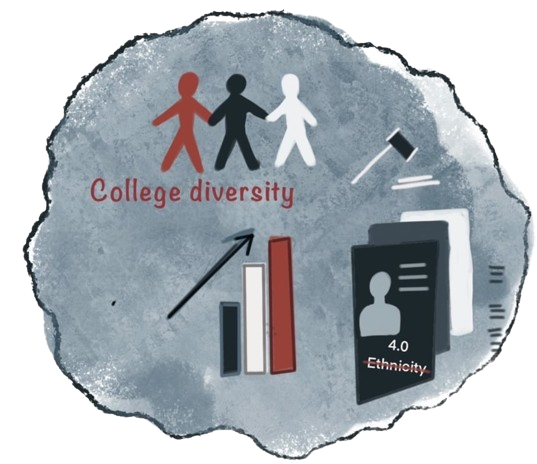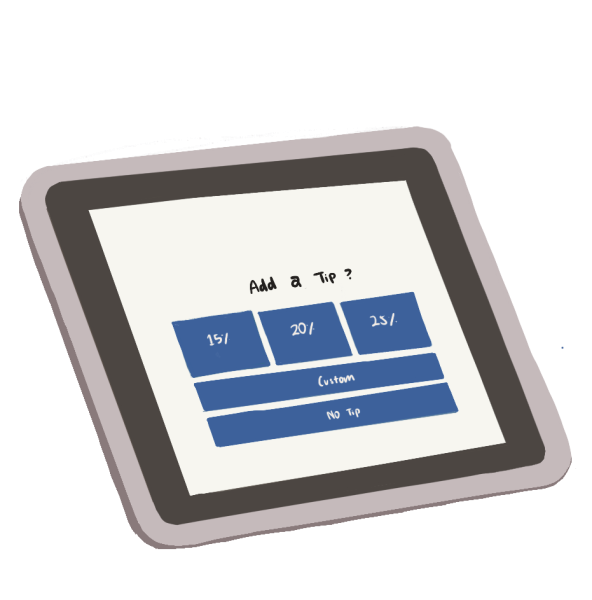Head to Head: Stem and Humanities
Opportunity Stems from STEM
by Jamie Yeh
With society valuing innovation and technology more than ever, school curriculums are moving in the right direction by shifting their focus to Science, Technology, Engineering and Mathematics (STEM) subjects to prepare students for life after high school. Some schools have chosen to increase the number of STEM courses, while others like Woodbridge High are making them more relevant to students’ lives.
One way STEM is being emphasized at Woodbridge High is the adoption of Next Generation Science Standards, which will make classes more hands on. “[NGSS] prepares you better to be a citizen and vote, because you’ll have more awareness of the issues that are surrounding you in your community,” science teacher Crystal Cooper said. “And I think it will prepare you to be a critical thinker, rather than just memorize numbers or answers.”
An increase in STEM-related jobs makes this transition even more critical to student success — the skills that we learn through STEM classes in high school can help us obtain promising careers in the 21st century. With medical fields expanding with new possibilities of combating human illnesses and companies constantly pushing the limits of technology, students with more access to STEM majors will find unprecedented job opportunities.
“STEM is basically the backbone of everything I learn, practice, code or research,” sophomore Avika Patel said. Patel is a participant in a number of STEM-related extracurriculars such as Science Olympiad, CubeSat, Mu Alpha Theta and Coding Club. “Schools focusing on STEM could provide more industry specific courses to really engage and excite students to pursue that career.”
By focusing on STEM, high schools are shaping students into future leaders and paving the way for solving some of the world’s greatest problems such as ever-evolving viruses, ways of reversing burns or curing cancer.
Humanities Inspire Humanity
by Emilee Klein
When I tell my 20-year-old brother I want to go into journalism, he looks at me like I am crazy. He tells me that journalism will be obsolete during my lifetime, and that choosing a STEM (Science, Technology, Engineering and Mathematics) major will guarantee a future job. As teens deciding what career path to take, we hear that humanities are obsolete as society continues to place an emphasis on STEM. However, without humanities, humans lack basic skills that are necessary in the workplace and society as a whole.
A liberal arts education, which includes both studies in science and humanities, allows for a student to examine many perspectives within human culture and how these views shape our history and future, which teaches empathy, an essential attribute in our globalized world.
A survey by the American Association of Colleges and Universities shows that 93 percent of employers value communication, critical thinking and problem solving more than an undergraduate degree. The study of humanities fosters analytical thinking and communication abilities that businesses value. The skills developed from humanity studies are crucial for all career paths, including those in STEM.
“I think that if you are a STEM student and let’s say you want to be an engineer, you are never going to be able to escape writing an email to your colleagues or crafting a proposal for a new tool or software or program,” English department chair and teacher Christy Haley said.
That is where liberal arts come in. Humanities teach these necessary skills. Not only do they teach these necessary skills, but they teach how to apply these skills to multiple different studies and the real world. Therefore, when my brother tells me that humanities are obsolete, I disagree. The need for humans to understand each other will never be obsolete. Humanities encourages us to do just that.


Hey Warriors! I’ve been in the Golden Arrow for three years now, and I am incredibly excited to be serving as your In-Depth Editor this year. I am also...

Hey Warriors! This is my second year in the Golden Arrow and I am ecstatic to be back! I have been in the Woodbridge Vocal Music Department for four years,...







